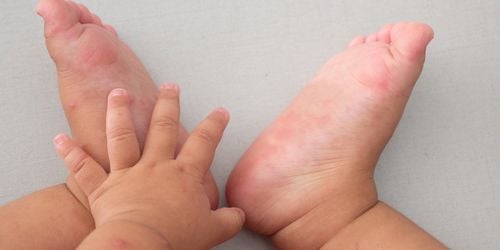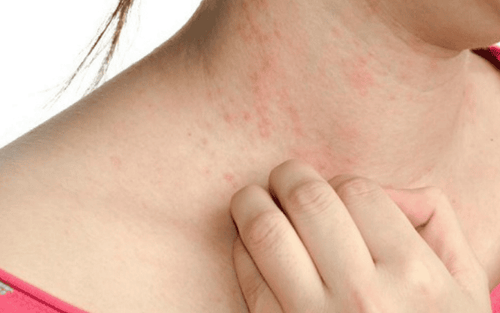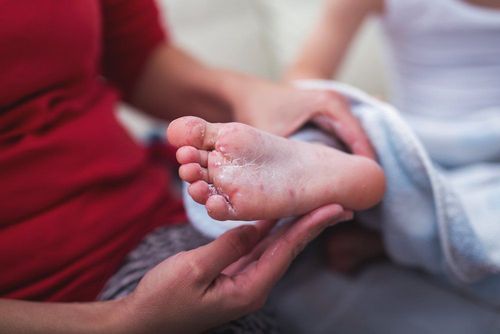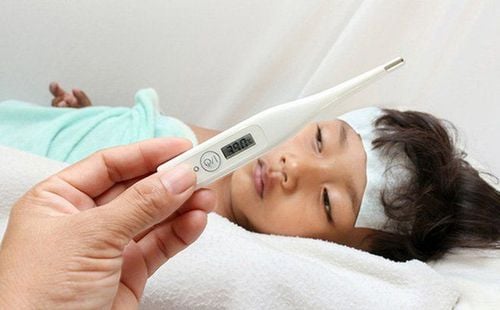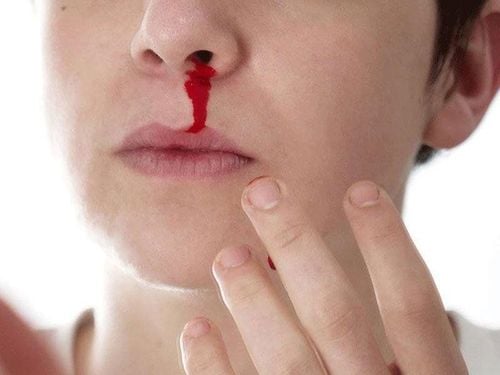Hair loss is one of the common sequelae following dengue fever. Nevertheless, significant hair loss after recovering from dengue fever can be a worrying sign requiring prompt treatment. So, what are the signs of hair loss after dengue fever, and how can it be addressed?
1. What is Hair Loss After Dengue Fever?
Dengue fever is a prevalent infectious disease caused by the dengue virus, transmitted primarily by the Aedes mosquito. Although dengue fever can be treated, some patients may experience sequelae post-recovery, with one of the most notable being significant hair loss.
Some individuals may experience hair loss after recovering from dengue fever due to physical fatigue and weakness, leading to insufficient blood supply to the hair follicles.
Compared to physiological hair loss, hair loss following dengue fever is more concerning and needs timely treatment.
So, how long does hair loss last after dengue fever? Typically, signs of hair loss appear about 1 to 2 months after recovery, in some cases, they may persist longer. The amount of hair that falls out can be substantial, with some patients losing up to one-third of their hair.
2. Causes of Hair Loss After Dengue Fever
The hair follicles located under the scalp contain many small blood vessels (capillaries) and are closely linked to the scalp to supply the essential nutrients needed for hair. To put it simply, blood serves as the lifeline that nourishes hair just like all other organs.
When a person has dengue fever, they often experience hair loss afterward, particularly in those who have recently recovered, have high fever symptoms, or women after childbirth.
The primary cause of significant hair loss after dengue fever is a lack of nutrients delivered to the hair follicles. As the stored nutrients in the hair follicles become depleted and the blood supply remains insufficient, the hair follicles can atrophy, leading to dryness, brittleness, and ultimately hair shedding.
Fever is a common symptom of dengue fever. During a fever, patients may not frequently bathe, which prevents the sebaceous glands from being cleaned, leading to clogged pores that can harm the hair.
Additionally, psychological stress is another contributing factor to hair loss after dengue fever. Patients with dengue often experience anxiety, mental fatigue, and poor appetite, all of which adversely affect their mental state and overall health.
Cumulatively, these factors lead to the complication of significant hair loss after dengue fever.
3. How to overcome hair loss after dengue fever
3.1. Diet to help prevent hair loss
After recovering from dengue fever, patients often experience weakness, which can affect hair health and lead to significant hair loss. To remedy this situation, patients need to enhance their intake of essential nutrients for both their body and their hair.
A diet aimed at mitigating hair loss after dengue fever should consider the following:
- Increase Iron-Rich Foods: Patients recovering from dengue often have lower blood levels than normal, so it is crucial to supplement iron to help with blood production.
Increasing iron intake through the diet can help those experiencing hair loss after dengue fever achieve healthier hair while also supporting overall health. Foods high in iron include kale, broccoli, red meat, chicken, and fish.
- Supplement with Vitamin C to Enhance Iron Absorption: Adding Vitamin C to meals helps patients improve iron absorption, thus boosting blood production and reducing hair loss after dengue fever. Foods rich in Vitamin C that should be included are citrus fruits, baked potatoes, and kale.
- Increase Omega-3 Fatty Acids:
Omega-3 fatty acids play a role in preventing hair loss after dengue fever. The fatty acids in the scalp cannot be produced naturally and must be ingested through diet. Therefore, patients experiencing significant hair loss after dengue should enhance their omega-3 intake, consuming seafood like tuna, mackerel, salmon, or nuts such as walnuts.
- Boost Biotin Intake for Hair Health:
Biotin, a water-soluble B vitamin, is vital for hair health. A biotin deficiency can lead to increased hair breakage and loss, so those recovering from dengue fever should incorporate biotin-rich foods like egg whites, walnuts, or brown rice into their diet.
- Ensure Adequate Protein for Hair Strength:
Healthy hair requires sufficient protein intake. A lack of protein can lead to weakened hair, making it more prone to breakage. High protein food includes poultry, tofu, broccoli, eggs, seafood,...
3.2. Applying proper hair care measures
In addition to a diet that provides sufficient necessary nutrients, patients experiencing hair loss after dengue fever should follow an appropriate hair care routine. The process of caring for hair shouldn't be too difficult if patients pay attention to the following issues:
- Choose a suitable shampoo. Preper shampoos and conditioners containing protein to make hair smoother and thicker.
- Those with sensitive scalps should carefully check the ingredients of products before use. Patients with significant hair loss after dengue fever should prefer shampoos containing glucoside and isethionate while limiting products with sulfates and parabens.
- Massaging the scalp with nourishing oils such as coconut oil, lavender oil, or almond oil,... can help improve blood circulation to the hair follicles. Additionally, massaging promotes the absorption of nutrients by hair root cells to enhance hair growth, thus preventing and improving hair loss after dengue fever.
3.3. Limit activities that can damage the hair
It's advisable to limit hair drying at the early stage after recovering from dengue fever, as the heat from devices can strip away protein from the hair, leading to thinning and increased breakage. Furthermore, other hair styling tools such as hair rollers or straighteners can also negatively impact the hair, so their use should be minimized.
Avoid over-perming the hair due to the risk of breaking the internal bonds and changing the internal structure, which can weaken the hair, making it more prone to brittleness and breakage.
Patients experiencing hair loss following dengue fever should refrain from tying their hair too tightly, as this can also contribute to increased breakage.
In summary, hair loss is a common sequela of dengue fever. However, significant hair loss post-dengue could be a concerning sign that needs early intervention. Therefore, if this condition arises and does not improve with self-care measures, patients should seek medical consultation at healthcare centers for assessment and treatment.
Follow the website of Vinmec International General Hospital for more information on health, nutrition, and beauty to protect you and your loved ones.
Please dial HOTLINE for more information or register for an appointment HERE. Download MyVinmec app to make appointments faster and to manage your bookings easily.




